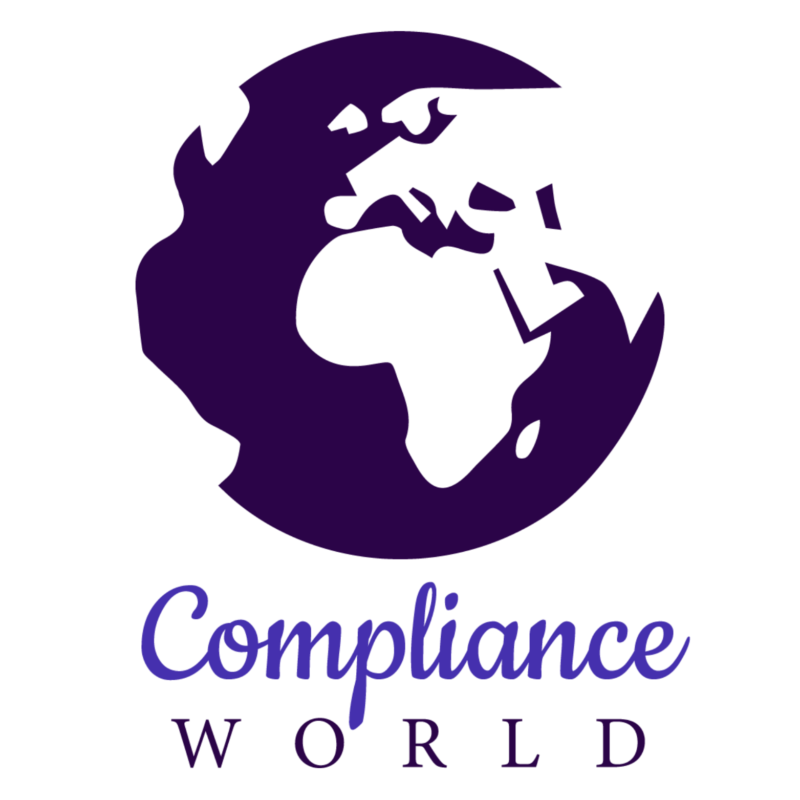Setting up a business in a free zone in the United Arab Emirates (UAE) can be an attractive option for entrepreneurs and businesses looking for favorable conditions such as tax benefits, full ownership, and simplified processes. Here’s a general outline of how to set up a business in a UAE free zone:
Free Zone companies are licensed and controlled by the Free Zone Authorities. Free Zones are ideal for startups. To start a business there, the Business setup in the UAE Free Zone is comparatively a different process than to of a Mainland.
The controlling body of the Free zones is not the same authority as that of the UAE Mainland Business or offshore Business, as Free zones are governed by each Emirate’s free zone authority. The main benefit of setting up a business in a Free zone is that the companies enjoy 0% tax on customs duties and complete tax exemption on imports and exports, thus making Free Zone more preferred destination for investors.
Helping entrepreneurs set up a business with the best facilities and advantages is a challenge and the UAE authorities are loaded with opportunities for people looking to invest.
Compliance World is a renowned enterprise that has years of expertise in establishing companies in all UAE Free Zones. Our business setup services follow all the regulations issued by the government and comply with all the laws to provide you the premium services.
Choose the Right Free Zone:
UAE has numerous free zones, each tailored to specific industries or activities. Research the free zones to find one that best suits your business type.
Select the Appropriate Legal Structure:
You’ll need to decide on the type of business entity. Common options include Free Zone Company (FZC), Free Zone Establishment (FZE), or Branch Office of a Foreign Company. The specific structure can vary depending on the free zone.
Trade Name Reservation:
Choose a unique and appropriate name for your business. You’ll need to get it approved by the relevant free zone authority.
Apply for a Business License:
Depending on your business activity, you may need specific licenses (e.g., commercial, industrial, or service). The free zone authority will provide guidance on the required licenses.
Preparation of Documents:
Prepare the required documents, which may include:
- Passport copies of shareholders and proposed manager
- Business plan
- Lease agreement for office or warehouse space within the free zone
- No-objection certificate if the shareholder is a resident in the UAE
- Share capital details (if required)
Submit Application:
Submit your application and the required documents to the chosen free zone authority. Pay the relevant fees for registration and licensing.
Approval and Registration:
The free zone authority will review your application and documents. Once approved, you’ll receive a trade license and a certificate of incorporation.
Bank Account:
Open a business bank account with a bank in the same free zone. The bank will require the documents you’ve obtained from the free zone authority.
Visa Processing:
Depending on the free zone and your business type, you may be eligible for investor or employee visas. Check the specific visa regulations for the chosen free zone.
Business Operations:
With your license and visas in place, you can start operating your business within the free zone.
Keep in mind that each UAE free zone can have its own specific procedures, requirements, and regulations. It’s essential to work closely with the respective free zone authority and consider consulting with a local business setup service or legal advisor to ensure you comply with all the necessary legal and regulatory requirements.
Also, please be aware that free zone businesses are often restricted in terms of where they can operate within the UAE. If you want to do business outside the free zone, you may need to work with local agents or partners to establish a mainland business. It’s highly recommended to conduct thorough research and seek professional advice before starting your business in a UAE free zone.
Authorities regulating free zone activities
Abu Dhabi
- Abu Dhabi Media Free Zone – (Media Zone Authority)
- Masdar City
- Khalifa Industrial Zone Abu Dhabi ( KIZAD)
Dubai
The following free zones work under Dubai Development Authority
- Dubai Internet City
- Dubai Media City
- Dubai Production City
- Dubai Studio City
- Dubai Outsource City
- Dubai Knowledge Park
- Dubai International Academic City
- Dubai Science Park
- Dubai Design District
- Dubai Multi Commodities Centre (DMCC)
- Jumeirah Lakes Towers (it is now part of DMCC)
- Jebel Ali Free Zone (Jebel Ali Free Zone Authority)
- Dubai Airport Free Zone (Dubai Airport Free Zone Authority)
- Dubai Silicon Oasis – (Dubai Silicon Oasis Authority)
- Dubai HealthCare City – (Dubai Healthcare City Authority)
- International Humanitarian City
- Dubai Maritime City – (Dubai Maritime City Authority)
- Gold and Diamond Park
- Dubai South
- Dubai International Financial Centre
- Meydan
- National Industries Park
Sharjah
- Sharjah Airport International Free Zone (Sharjah Airport International Free Zone Authority)
- Hamriyah Free Zone (Hamriyah Free Zone Authority)
- Sharjah Media City – Shams (Free Zone)
Ras Al Khaimah
Ajman
- Ajman Free Zone (Ajman Free Zone Authority)
- Ajman Media Free Zone (announced)
Umm Al Quwain
- Umm Al Quwain Free Trade Zone (Umm Al Quwain Free Trade Zone Authority)
Fujairah
Special cases
Apart from the respective free zone authorities, certain industries/sectors of businesses are additionally governed by other government entities. Some of them are mentioned below.
Media
The following entities govern media organisations in the UAE:
Food and beverage
The following entities govern food and beverage businesses in the UAE:


